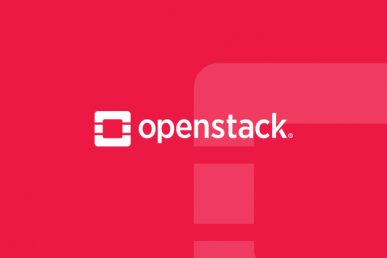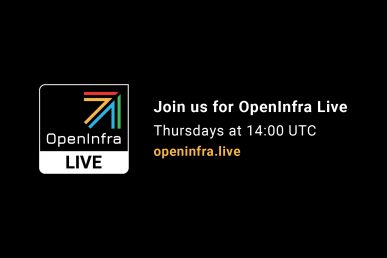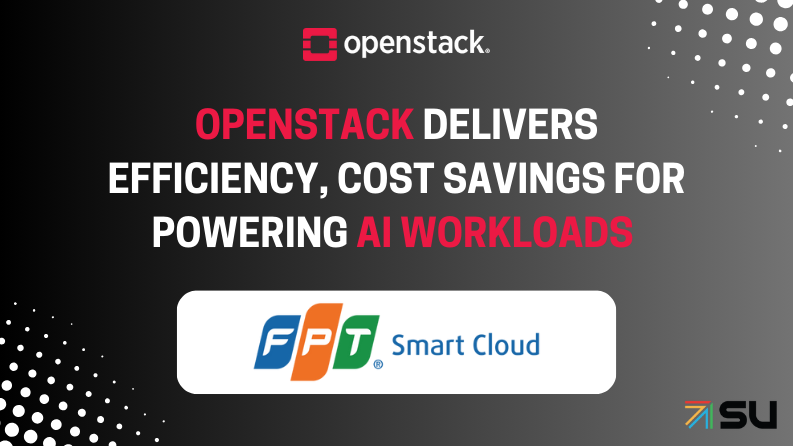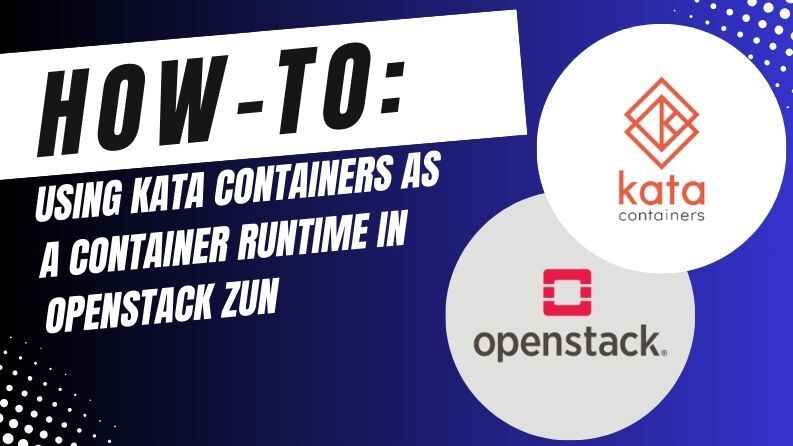From Complexity to Climate Confidence
Climate science runs on consistency, speed, and scale. Based in Hamburg, the German Climate Computing Center (Deutsches Klimarechenzentrum, DKRZ) has been at the center of these efforts since 1987, providing computing resources, data storage, and tools to thousands of researchers. These are scientists who analyze climate change, forecast weather patterns, and simulate the Earth’s complex systems.
Their work requires long simulations, huge datasets, and precise results, which means infrastructure failures aren’t just inconvenient; they’re potentially devastating. Any instability can delay projects, compromise results, or even lead to lost data — an unacceptable risk in climate science.
By 2021, the center’s OpenStack deployment, configured years earlier, needed modernization to keep pace with evolving research demands. The internal IT team faced increasing pressure for better performance, automation, and resource efficiency. At the same time, moving to the hyperscale public cloud was not an option — both the costs and the size of their data made it impractical.

DKRZ saw an opportunity to continue leveraging OpenStack — the open-source cloud infrastructure known for its flexibility, scalability, and cost-effectiveness — with the right partner to manage and optimize it. That’s when they turned to Sardina Systems and deployed FishOS, a fully automated cloud management platform built on OpenStack, designed to deliver the performance and reliability their research workflows required.
FishOS-Powered Private Cloud for DKRZ
A migration of DKRZ processes to a managed OpenStack environment built with FishOS was straightforward — the team decided to deploy FishOS on new servers alongside their existing OpenStack system and gradually moved workloads over. VMs were transferred with minimal disruption, and downtime was limited to just a day or two.
“DKRZ’s transition to FishOS was smooth indeed: it was a well-orchestrated process from both sides without major disruptions. A key component added during deployment was Trove, enabling Database-as-a-Service capabilities to support research workflows.” – Dmitry Krasovski, Technical Lead at Sardina Systems.
Scaling Smarter, Not Just Bigger
The infrastructure improvements didn’t stop at stability. Since the FishOS deployment, DKRZ has more than tripled its compute capacity — scaling from 268 to 928 cores by 2025. The switch from bare-metal servers to VMs allowed for improved resource utilization and greater flexibility, especially as projects like the Earth System Grid Federation (ESGF) demanded scalable, cloud-native architectures.
ESGF is a peer-to-peer data federation that provides global access to climate model output and observational datasets. Within this framework, DKRZ plays a dual role as both a data node and gateway, helping to ensure seamless sharing and analysis of massive datasets between institutions worldwide.
The storage backend also received a major upgrade. The Ceph cluster was transformed into a full-flash system, increasing capacity from 140TB to 265TB. This change dramatically improved performance for high-throughput workflows and large-scale simulations.
To keep things modern and stable, DKRZ follows a regular upgrade cycle — about once a year — ensuring researchers always have access to current tools without risking system disruption.
A Self-Service Cloud Designed for Scientists
Today, DKRZ operates two virtualization environments: one supporting core infrastructure services like authentication and email, and another — a FishOS-powered OpenStack cloud — tailored specifically for researchers.
This self-service setup has proven to be a game-changer. Instead of waiting for system admins, researchers can now launch compute instances, run their simulations, analyze results, and share findings — all on their own schedule.

This decentralized and flexible cloud brings DKRZ closer to the way modern research actually works — agile, fast-moving, and globally connected. And with faster storage and networking, researchers can move data between teams and partners without bottlenecks.
Behind the scenes, FishOS ensures the environment stays cost-effective and responsive. During peak workloads, the system automatically scales up to thousands of servers. When demand drops, it scales down, optimizing resource usage while maintaining performance.

Integration with HPC
To model and simulate the Earth’s climate, DKRZ relies on High-Performance Computing (HPC) systems capable of handling the extreme computational requirements of high-resolution modeling, long-term simulations, and real-time data assimilation.

While the FishOS-based cloud doesn’t run DKRZ’s HPC workloads directly, it complements them by managing post-processing and data delivery around the HPC environment. Users can access HPC data from their VMs using Lustre clients.
This hybrid setup ensures that each layer of infrastructure plays to its strengths: HPC for performance, and OpenStack for accessibility and speed.
Lean Operations, Global Impact
One of the most impressive aspects of the DKRZ deployment is its operational efficiency. The entire OpenStack environment is managed by two staff members only, with support from Sardina Systems.
“Right now, we have a couple of people actively managing our OpenStack cloud. That’s only possible because Sardina Systems provides us with the support and expertise we need. For a small team, that’s a huge advantage — it saves us time and resources while keeping things running smoothly.” – Dirk Welsch, System administrator at DKRZ.
Upgrades are now predictable and routine. In July 2025, the team is planning to update to the latest OpenStack Epoxy release. Legacy configuration cleanups, like the recent overhaul of IP structures, have reduced friction and made future upgrades easier.
DKRZ’s cloud journey shows what’s possible when the right technology meets the right partner. With FishOS, the center has not only restored stability but gained the flexibility and scale needed to support next-generation research.
If you’re looking to modernize your infrastructure using OpenStack while maintaining control, efficiency, and scientific agility, Sardina Systems is here to help.
Get in touch today for a free consultation and see how a managed FishOS OpenStack cloud can support your team’s efforts.

)









